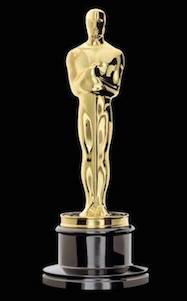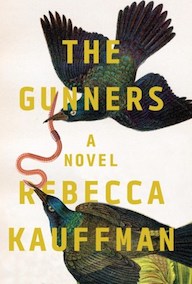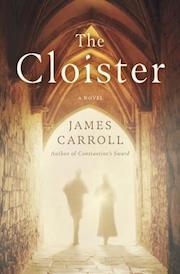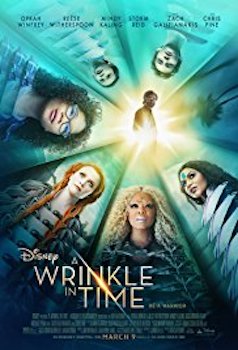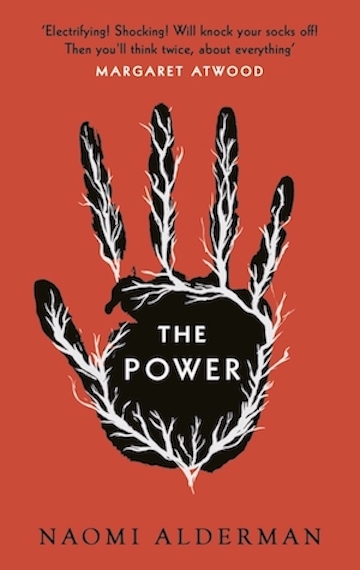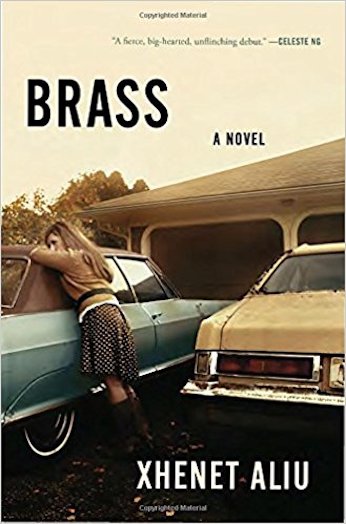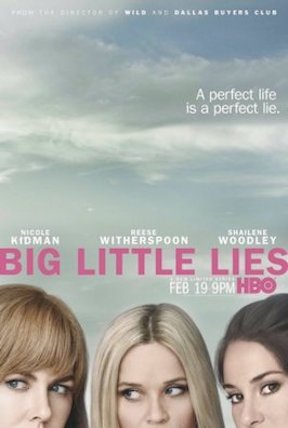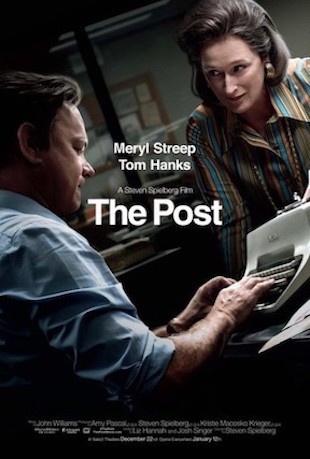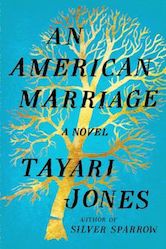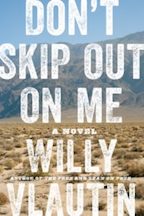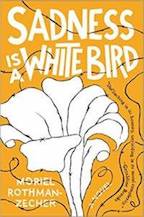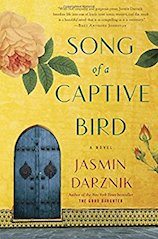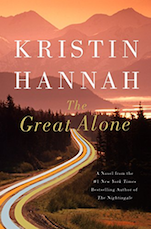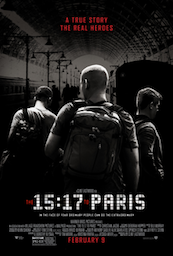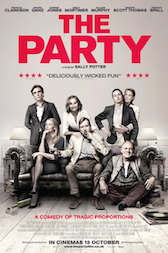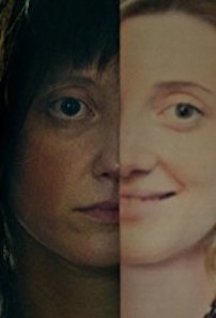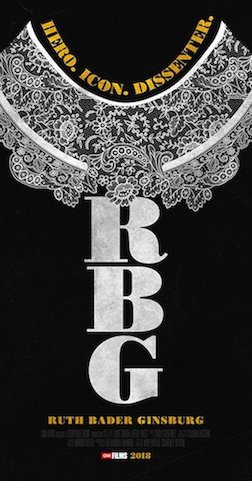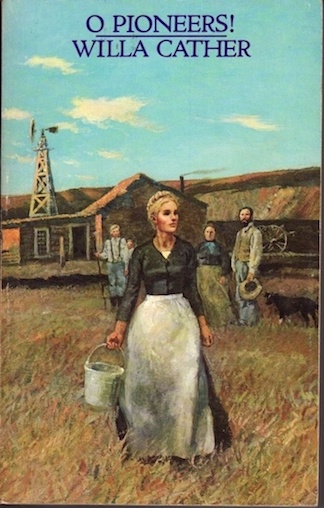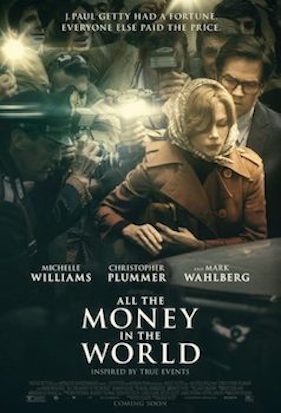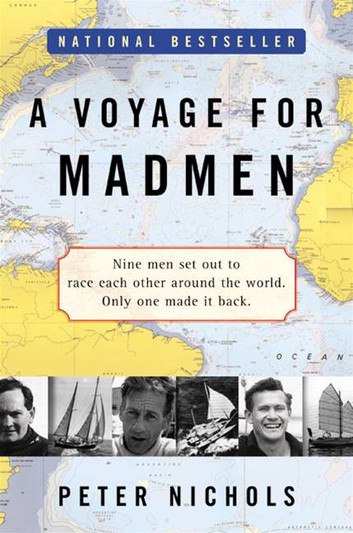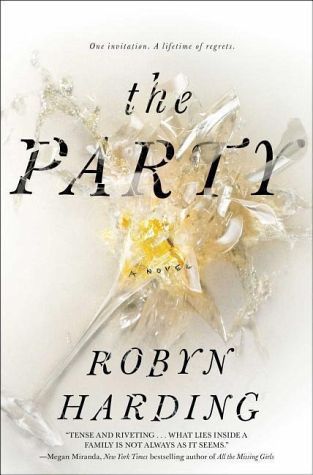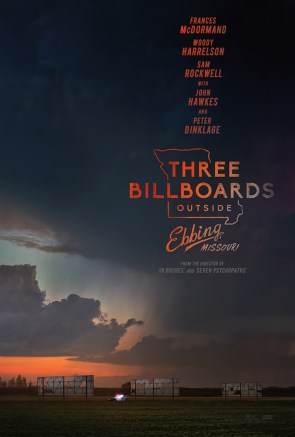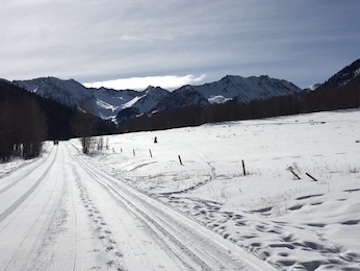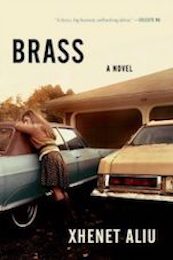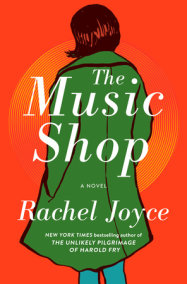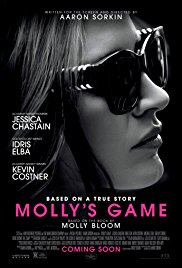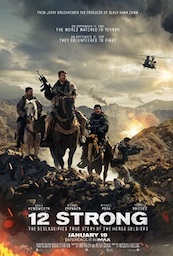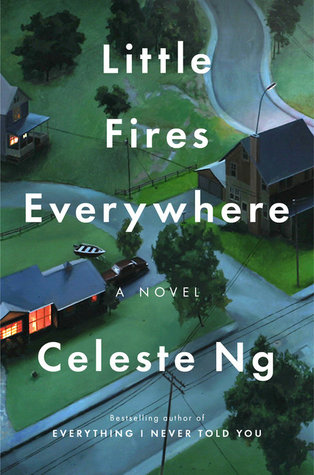March seems to be passing by quickly so I better get on the ball. I’ve been slow to write reviews. Perhaps I’m having a bit of a writer’s block or just procrastinating. Do you ever get this — where the writing doesn’t flow or you just stall completely? Oh it’s dreadful. Meanwhile the big snow piles here are beginning to melt and warmer temps this coming week should make ponds of water all over the place. It’ll be messy for sure. Time for the galoshes. At least I’ll be able to take some photos now; during the cold temps the iPhone would just turn itself off, but now it’ll have no more excuses — and neither will I. So here are my reviews of what I finished recently.

Tayari Jones’s new novel “An American Marriage” has certainly been one of the “It” books this season. It seems to be everywhere from Oprah’s Book Club pick — to various blogs — as well as the New York Times’s book podcast. I decided not to wait for a library copy but went ahead and bought it at a bookstore, which is a rarity for me — a splurge or sorts, but I knew it’d be a good, quick read, and for the most part the book did not disappoint, even with all the hype.
For those who don’t know, it’s a novel about an African American couple that has been married a little over a year when their lives are torn apart when the husband is arrested and convicted in Louisiana of a crime he did not commit. Part of the novel is told in letters between them while the husband is in prison and the rest is about what happens to their marriage when he gets out years later. The whole injustice of it tears at them as well as the loss of their lives together and the uncertainty of how much and long they can endure. Meanwhile parents, in-laws, and old friends and loves come into play.
Oh it’s quite well done. And what I liked about it too is that although the story focuses mainly on their marriage — there’s the underlying subtext of being black in America today — with the disproportionate incarceration rates and the racial injustices that occur. You get a sense of this and feel its ramifications in the story as well as the class tensions that simmer between the characters. The wife is a successful artist (with wealthy parents) who has a line of dolls on the market, while the husband is a textbook sales rep (with small-town folks) who loses everything when he’s imprisoned.
The story picks up as it goes along. And you feel from each of the characters’ perspectives: the husband (Roy), the wife (Celestial) and her close neighborhood friend Andre. All of them get damaged and share some blame. And none of them are without faults and you might not even like them, but you see the personal toll the situation takes on them. I was impressed by the author — her well-crafted novel is mainly a romantic drama but is infused with a bit more too.
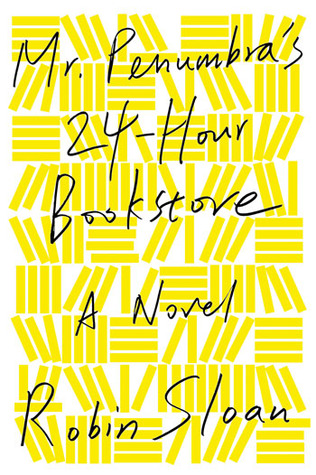
Next up, I finished the audiobook of Robin Sloan’s 2012 debut novel “Mr. Penumbra’s 24-hour Bookstore.” Oh I know so many readers loved this rollicking, fun tale and I so wanted to too, but somewhere along the line I got a bit derailed. It’s true I liked the start of it — about this hole in the wall bookstore in San Francisco and this geeky programmer Clay who takes a job there working nights and discovers it’s not a typical bookstore but has some sort of secret book club going on … where the books are part of some vast code, a code the book borrowers have been trying to crack for centuries.
Okay, okay I was in on this, but then the storyline veers off into techno as Clay and a motley crew of geeks he assembles tries to break the code using computers — and a bit of madcap adventure ensues with a nerdy heist, gadgets and a secret society.
It’s not that I minded the madcap part of it — I enjoyed much of that, but I guess I didn’t care enough about breaking the code and solving the mystery part of the plot. Some of it might have gone whizzing by me, or else I got Googled out along the way. It’s too bad because I quite liked the author’s quirky second novel — “Sourdough” — last year, though he’s known for Mr. Penumbra’s tale more.
He’s an author who definitely likes secret societies and underground mysteries and has an amusing sensibility. He likes to geek around with technology too. All of which is cool, but for some reason this story didn’t resonant with me as much as his second novel did — but still Mr. Sloan is quite a quirky, smart author so I’m sure to keep following what he puts out next.

Last up, I also finished the audiobook of Betty Smith’s 1943 classic “A Tree Grows in Brooklyn.” This was my first time with the novel and why I had never visited it before I can’t tell you — it just didn’t cross my path as a youngster, nor did the 1945 movie of it.
It’s quite a lengthy book and took me weeks of walking miles with my dog to finish it. I feel like I became part of the Nolan family as it chronicles quite closely Francie’s story growing up in Brooklyn, N.Y., with her parents Katie and Johnny and her younger brother Neeley over a long period of time — starting when Francie’s young in 1912 to when she leaves for college. Perhaps she seemed a bit to me like a young Laura Ingalls Wilder but of Irish American descent living in Brooklyn, N.Y., instead of on the prairie. Or maybe not?
I liked the coming of age aspects of the book and that it shows a slice of life of what it was like in the first two decades of the 20th century — it’s an interesting social history of those days. The family and Francie face a lot of adversity from poverty and their father’s alcoholism and yet they persevere and find a way to make ends meet time and again. She also doesn’t have friends but makes do with books and her own imagination.
It seems Francie learns quite a bit along the way, which is admirable, along with her love of her family and its extended members. (Thanks Aunt Sissy for being unconventional.) The telling is at times sentimental but their lives aren’t easy. I probably would’ve liked it more if I had read it in my youth — as it captures a young person’s mind-set and coming of age quite well and the struggles of a family.
What about you — have you read these novels and if so, what did you think?


